Students support attorney’s efforts to get release of 73-year old mass lynching records
Students at the 11th Circuit U.S. Court of Appeals after hearing Joseph Bell Jr. argue to get the grand jury records from the Moore’s Ford lynchings. The lynchings occurred in 1946, and no one was charged for them.
Students from several Grady organizations, including the Black Student Union and Moot Court team, visited U.S. Circuit Court in support of an attorney fighting to get grand jury records released from a Georgia mass lynching from almost three quarters of a century ago.
The 14 students attended the hearing in the 11th Circuit U.S. Court of Appeals with U.S. History and Sociology teacher Mary Van Atta to hear attorney Joseph Bell Jr. argue on behalf of the late Anthony Pitch, in the case of Pitch v. the United States, which focused on the nation’s last mass lynching. Anthony Pitch is the author of the book, “The Last Lynching: How a Gruesome Mass Murder Rocked a Small Georgia Town.”
The lynching in question took place in Walton County on July 25, 1946. Four young African Americans were lynched by a white mob on Moore’s Ford Bridge. After 73 years, no one has been charged for the lynchings. Pitch found the records from the Grand Jury proceeding in December of 1946, and Bell brought the case before the judges to have the records released to the public for historical purposes.
“Nobody admitted to the responsibility of what occurred,” Bell said. “This case holds everyone’s interest. It was deemed to be a cold case because there has been nobody to be brought to justice. So, why is there a reluctance from the government to release the records?”
For many of the students, the Oct. 22 trip was their first time visiting a courthouse and attending a hearing. Students sat in the main courtroom and listened to arguments of both sides of the case as well as the responses from the judges.
“I’ve never been in a courtroom where something serious like that was going on,” said Janese Bennett, senior co-president of the Black Student Union. “When we walked in, it became kind of surreal because of the way that it is set up with all the judges. It was very serious.”
While visiting the court had an impact on the students, the case also interested them. In order for the grand jury records from the lynching trial to be released, Bell had to show the court that if the judges used their inherent power to get the records released, the community would benefit. Grady students attended to show their support of Bell as representatives of the community and to witness history being made.
“Being an African-American woman, I’m very passionate about the case,” Bennett said. “Going in there and being a part of a case where people were lynched, and there was nothing done about it, and there can be a chance where something can be done about it made it very important for me to be there.”
After watching the hearing, the group walked to the Southern Center for Human Rights, which is an organization that works to end capital punishment, mass incarceration and punishments that affect poor people of color in the United States. Senior staff attorney Atteeyah Hollie explained to students how the center helps people who are in the criminal justice system.
“I knew that there was a lot of discrimination and inequality throughout the justice system and the country, but the degree of criminal injustice that Ms. Hollie talked about, I didn’t realize that it was to the extent,” Jay Hammond, co-president of the Black Student Union said. “It was eye-opening for me to be there. I think a lot of students realized the actual problems, not just throughout the country, but also in Georgia where we actually live.”
The trip introduced students to the civil and criminal aspects of the justice system, shedding new light on how the courts are run in the United States. Hammond hopes to take what he learned and implement it into the student union.
“I think a lot of students didn’t know about that before, and we are now exposed to that,” Hammond said. “I think the area of criminal injustice would be a very good discussion topics for the Black Student Union.”
Not only did the field trip help students understand the processes of the legal system, but it highlighted how the system has affected African Americans in the United States. Bennett realized the connection between the Moore’s Ford case and the cases Hollie talked about at the Southern Center for Human Rights.
“I want to tell everyone in BSU what happened in the court case and what we learned about the Southern Center,” Bennett said. “You need to look out for the people who you think least need your help because being black in America is not that easy.”
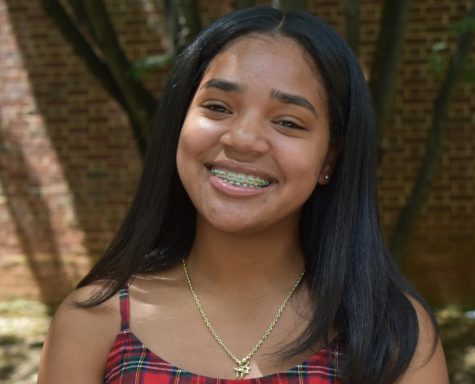
This is Aaliyah's first year writing for the Southerner. When she isn't writing, she is either running hurdles on the track or practicing her closing arguments...

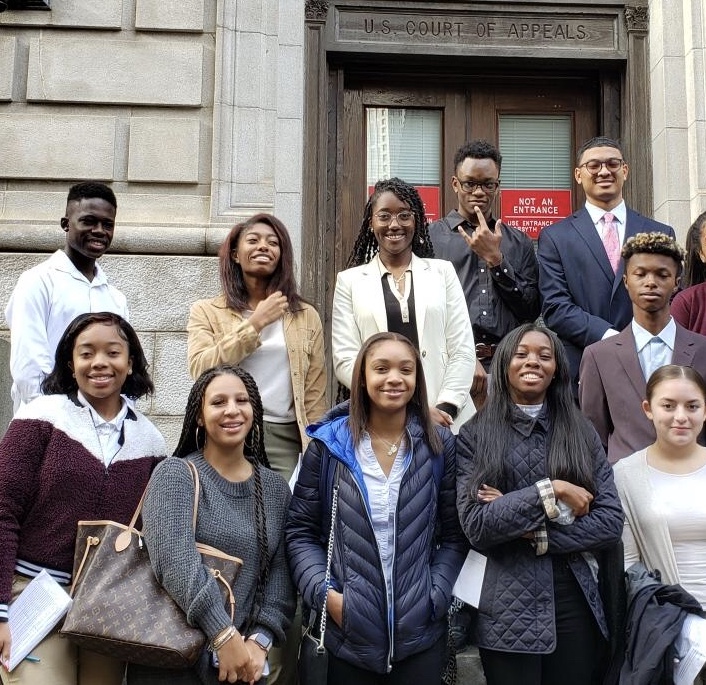
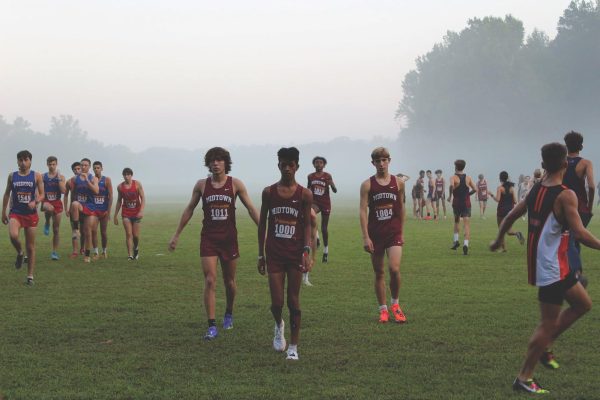
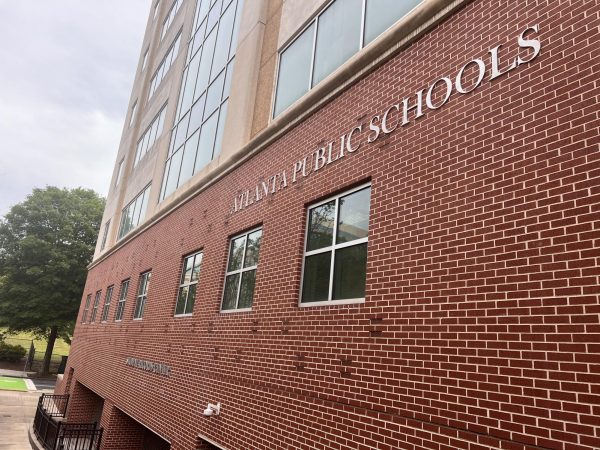

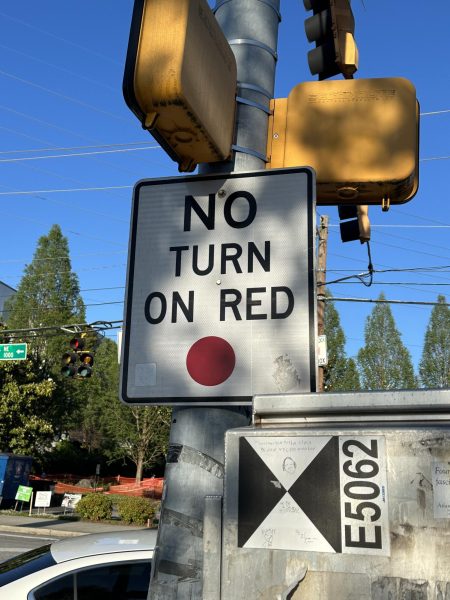
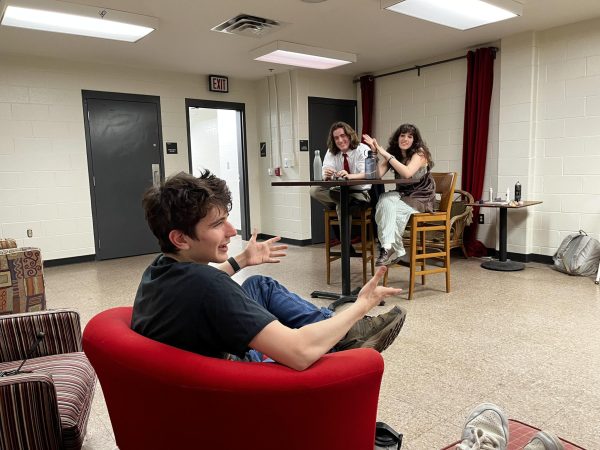
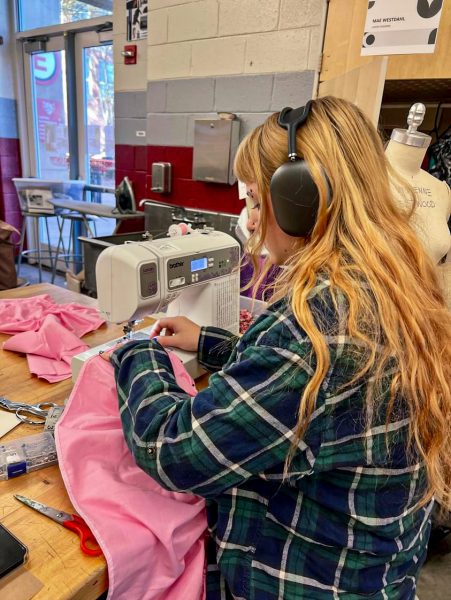

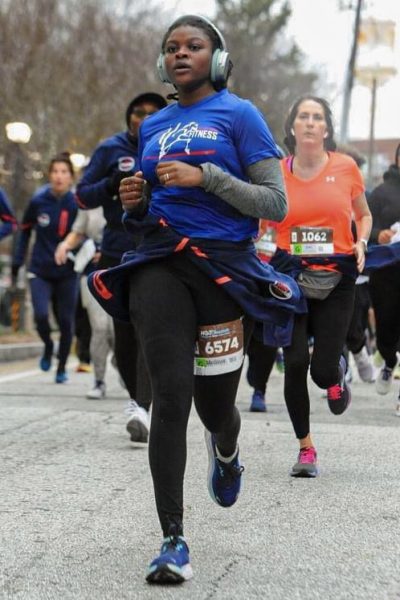
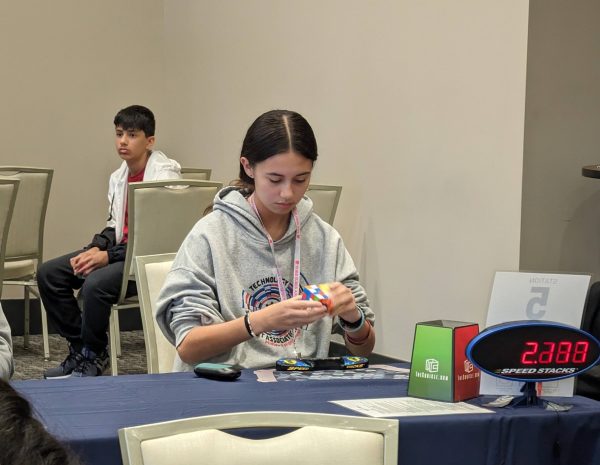

Mary Van Atta • Nov 5, 2019 at 1:05 pm
Thank you, Aaliyah and The Southerner, for covering this story. I feel privileged to have had an opportunity to arrange this field trip for these students to the Pitch v. USA case. While I appreciate that they conducted themselves very professionally in an unfamiliar setting, I most appreciate the level of attention and interest these students gave to understanding a complex appeals case and emotionally-charged case examples at the Southern Center for Human Rights. I am very proud of these Grady students.
I also wish to thank those who supported this field trip. From Grady and APS, many thanks to Dr. Bockman and Ms. Janean Lewis, Secondary Social Studies Coordinator, for enabling the students and staff to attend and for providing the bus. Many thanks to Mr. Jonathan Rapping with Gideon’s Promise for providing a space for students to store their belongings, for connecting us to the Southern Center for Human Rights, and for accompanying us to the 11th Circuit Courthouse as a chaperone. Finally, many thanks to Ms. Atteeyah Hollie for enlightening our students about the criminal justice system and its challenges in an impromptu tour of the Southern Center.